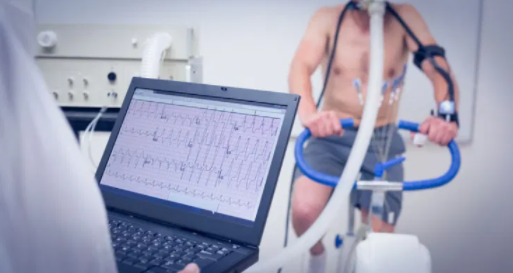The longer term effects of Covid-19 can take many forms and there are numerous definitions of the disease. A study undertaken by HUG and UNIGE in Geneva, published on 6 July 2021, found that 39% of a group of Covid-19 patients still had symptoms after 7 months. © Wavebreakmedia Ltd | Dreamstime.com Of the 629 participants in the study who completed the interviews, 410 completed the follow-up at 7 to 9 months after a COVID-19 diagnosis in early 2020. Of this group, 39.0% reported residual symptoms at 7 to 9 months. Fatigue (20.7%) was the most common symptom, followed by loss of taste or smell (16.8%), shortness of breath (11.7%), and headache (10.0%). Some had symptoms that persisted, some had symptoms that arrived after a delay, while others had symptoms that
Topics:
Investec considers the following as important: 3) Swiss Markets and News, 3a) Health, Coronavirus Switzerland, Covid-19 Switzerland, Editor's Choice, Featured, health, newsletter
This could be interesting, too:
Investec writes The global brands artificially inflating their prices on Swiss versions of their websites
Investec writes Swiss car insurance premiums going up in 2025
Investec writes The Swiss houses that must be demolished
Investec writes Swiss rent cuts possible following fall in reference rate
The longer term effects of Covid-19 can take many forms and there are numerous definitions of the disease. A study undertaken by HUG and UNIGE in Geneva, published on 6 July 2021, found that 39% of a group of Covid-19 patients still had symptoms after 7 months.
Of the 629 participants in the study who completed the interviews, 410 completed the follow-up at 7 to 9 months after a COVID-19 diagnosis in early 2020. Of this group, 39.0% reported residual symptoms at 7 to 9 months. Fatigue (20.7%) was the most common symptom, followed by loss of taste or smell (16.8%), shortness of breath (11.7%), and headache (10.0%).
Some had symptoms that persisted, some had symptoms that arrived after a delay, while others had symptoms that came, went, and returned later.
Of the 311 participants that responded at all 3 follow-up time points, 37% reported symptom resolution by 30 to 45 days and 19% by 7 to 9 months. 27% reported symptoms at all 3 time points and 10% reported symptoms at the start and at 7 to 9 months but not at 30 to 45 days. Finally, 4% of participants reported no symptoms at all 3 time points, 2% had no symptoms at baseline but had symptoms at 30 to 45 days and 7 to 9 months, and 1 person had no symptoms at the start and 30 to 45 days but had symptoms at 7 to 9 months.
The study authors concluded that residual symptoms following SARS-CoV-2 infection are common among otherwise young and healthy persons and recommend long-term monitoring.
The mean age of those studied was 42.1 years, 60.9% were women, 25.3% were health care workers, and 70.7% had no underlying risk factors.
Tags: Coronavirus Switzerland,Covid-19 Switzerland,Editor's Choice,Featured,Health,newsletter









